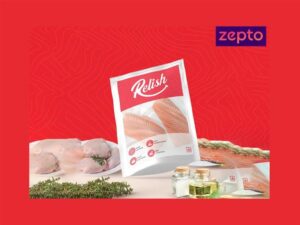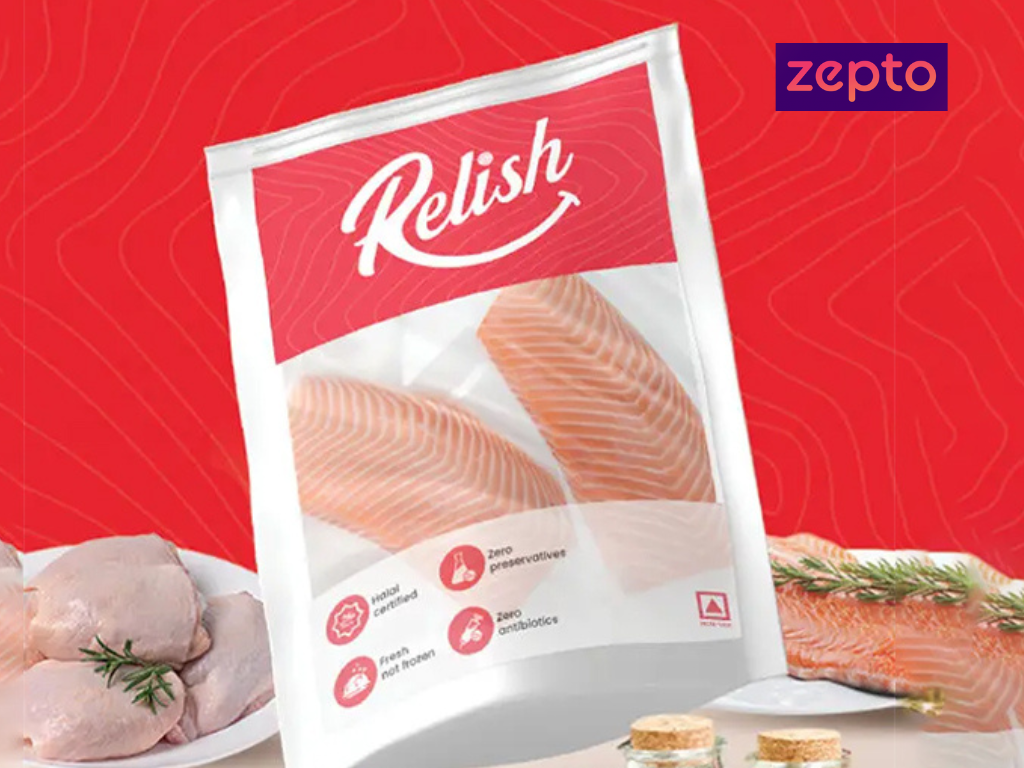The article analyses
Zepto’s foray into the private-label meat space through its brand
Relish, launched in late 2023.
This move comes as Q-commerce players seek higher margins and differentiation through private labels.
However, unlike categories like snacks or household essentials, fresh meat demands an entirely different operational playbook.
While speed is the core value proposition of Q-commerce, it clashes with what meat consumers prioritize—trust, hygiene, provenance, and freshness.
Even a few minutes’ delay or a lapse in cold chain can break that trust, and with it, the brand promise.
As of now, local butchers still dominate the Indian fresh meat market, controlling over 90% of share.
And even mature online players like Licious and
ZappFresh are seeing growth
plateau in urban Tier 1 markets.
Ankur Bisen’s analysis in the story highlights three crucial challenges:
Cold Chain Complexity: Fresh meat is highly perishable and needs a robust, real-time cold chain. A delay or temperature breach can lead to spoilage, safety risks, and returns.
Consumer Trust: Unlike packaged goods, meat buying is deeply habitual and trust-based. For most Indian households, the butcher is still seen as a “known” and reliable source.
Brand Building in a Non-Impulse Category: Meat is often a planned purchase. It doesn’t benefit from the impulse-driven dynamics that Q-commerce thrives on. Replacing
Licious or a local butcher with an unknown private label is not a quick win.
Relish’s entry shows Zepto’s ambition, but data suggests that meat contributes just 2–3% to overall Q-commerce revenue, down from 5% during the pandemic, according to industry players quoted in the story.
The economics of low-frequency, high-risk SKUs like meat often don’t justify the effort in a speed-first model unless backed by deep supply chain investment.
Supporting strategic retail transformation
Ankur Bisen’s contribution to this discussion exemplifies Technopak’s role as a trusted advisor to businesses navigating complex retail transitions.
Whether it’s category expansion, private label strategy, or Q-commerce profitability, our insights are built on decades of experience and real-world data.
We work closely with clients to evaluate emerging categories through a multi-lens approach—consumer behaviour, infrastructure, margin potential, and operational scalability.
As the retail ecosystem evolves rapidly, our role is to balance ambition with execution reality.
This feature in The CapTable aligns with Technopak’s ongoing work in:
Q-commerce and hyperlocal retail consulting
Private label strategy for high-growth categories
Cold chain and last-mile innovation
Omnichannel and direct-to-consumer (D2C) strategy advisory
At Technopak, we believe the future of retail will be built on precision, adaptability, and consumer-first thinking—not just speed.

